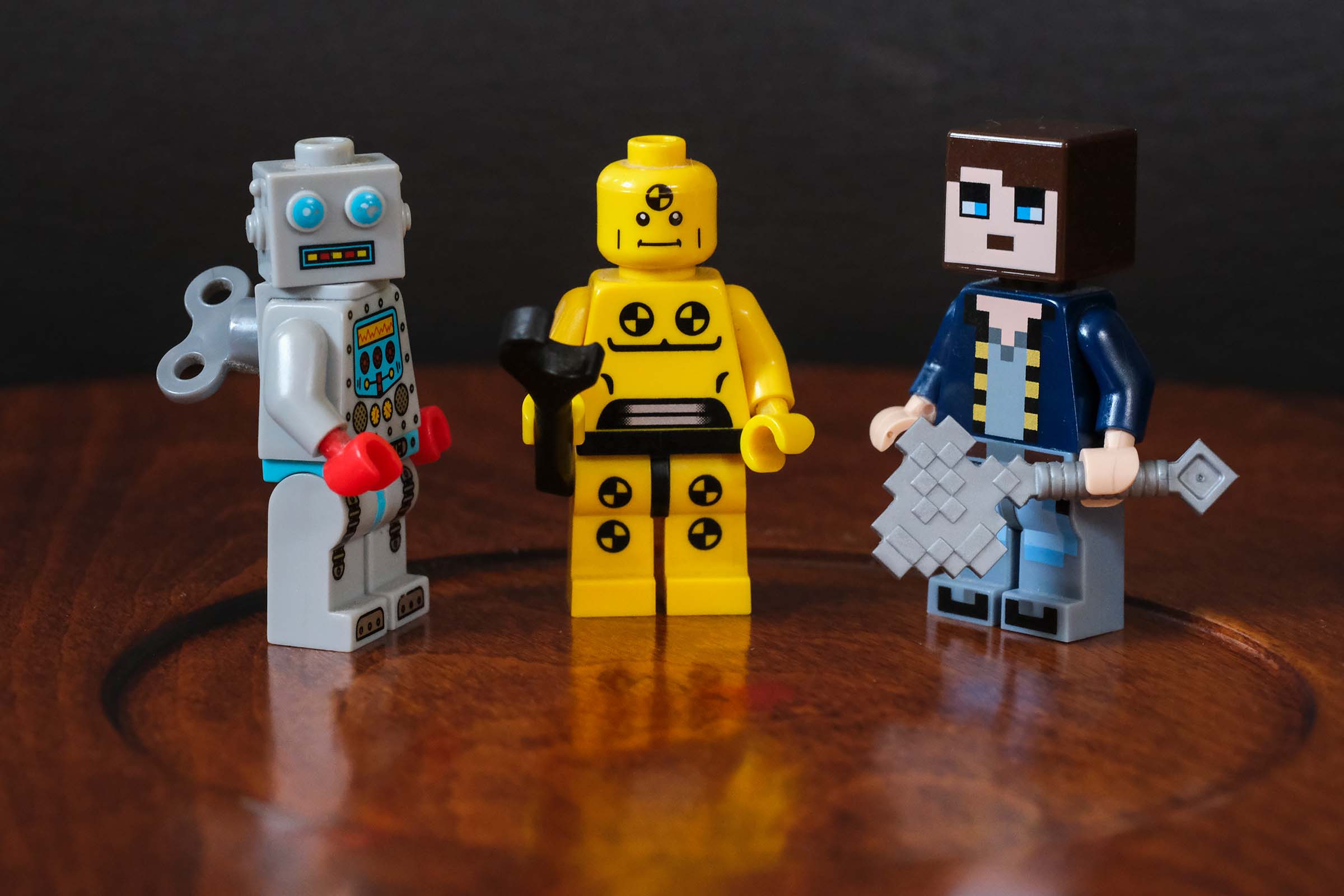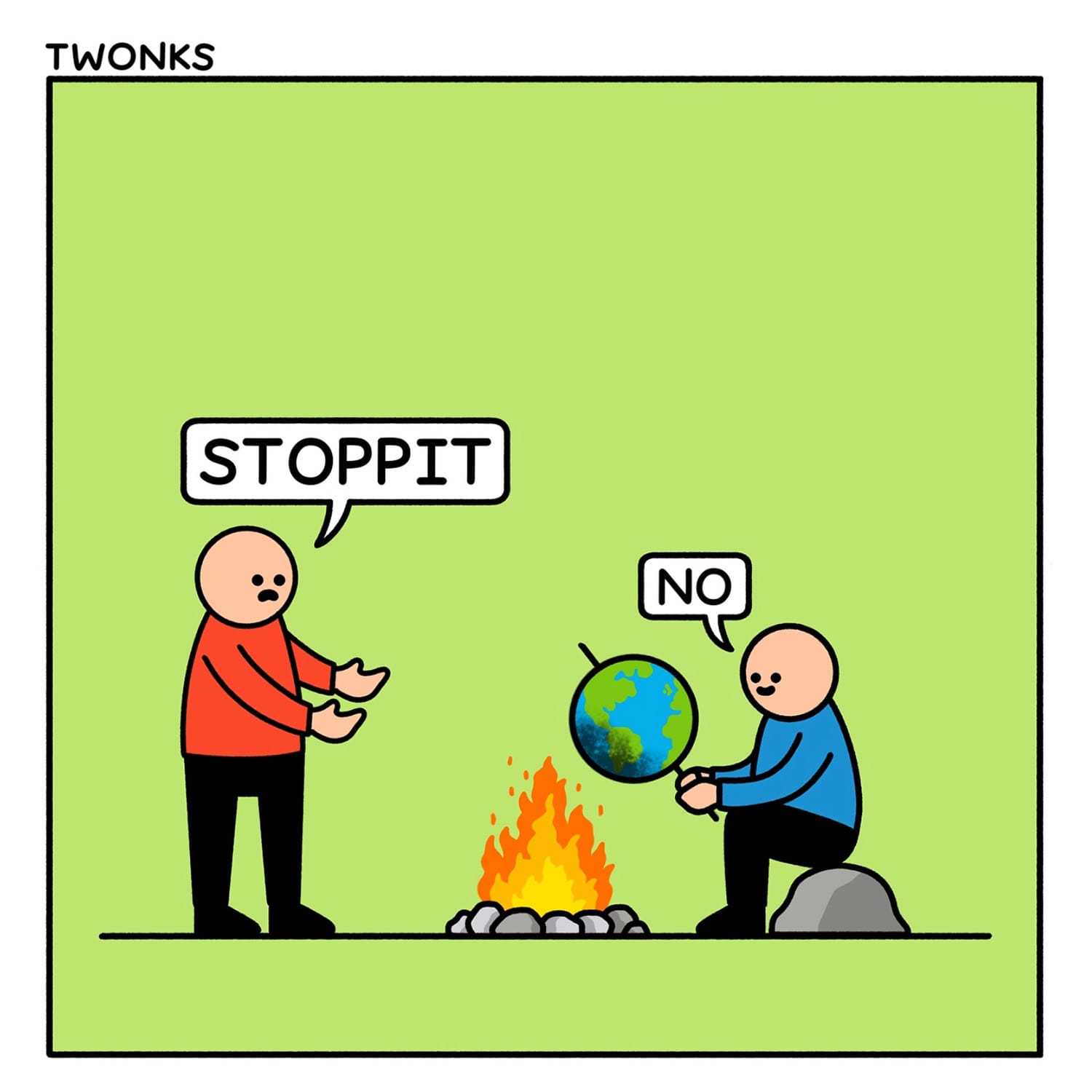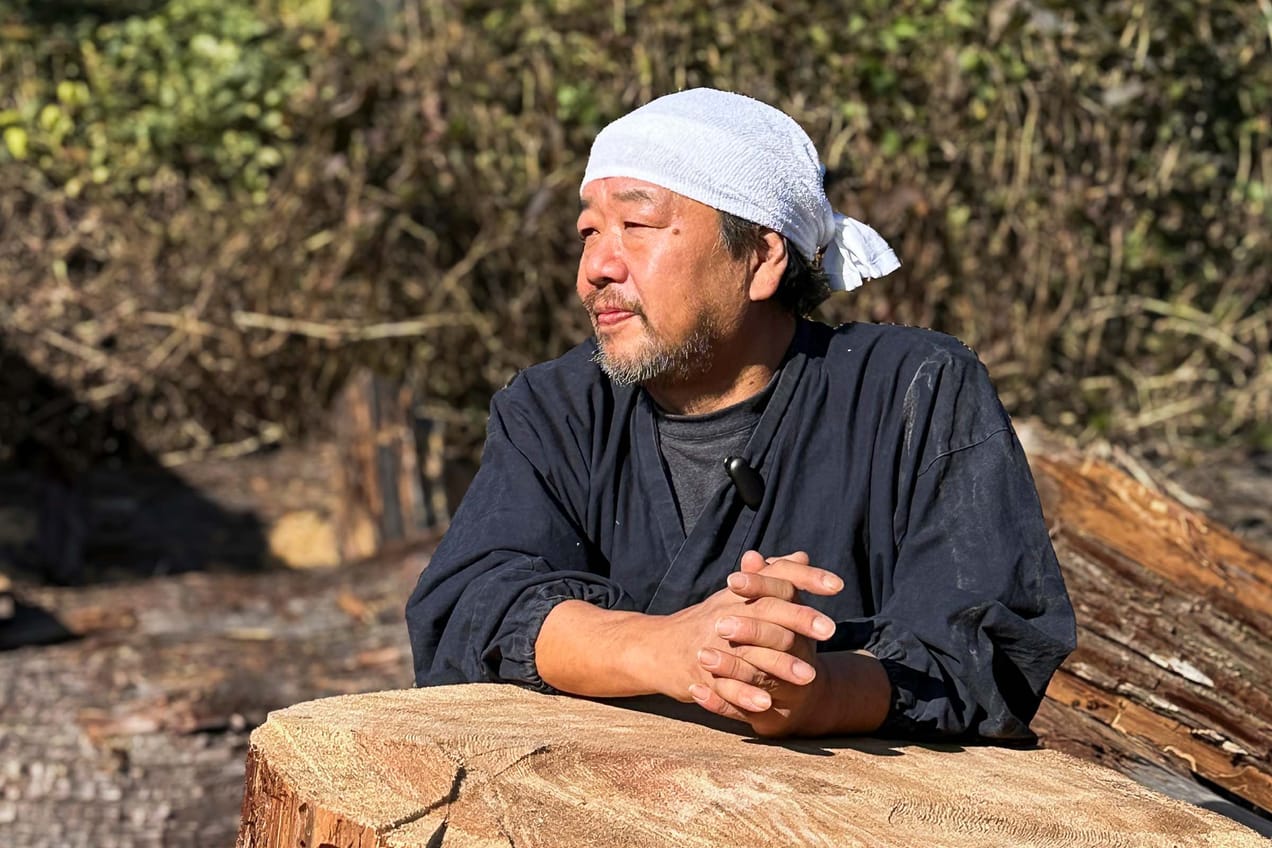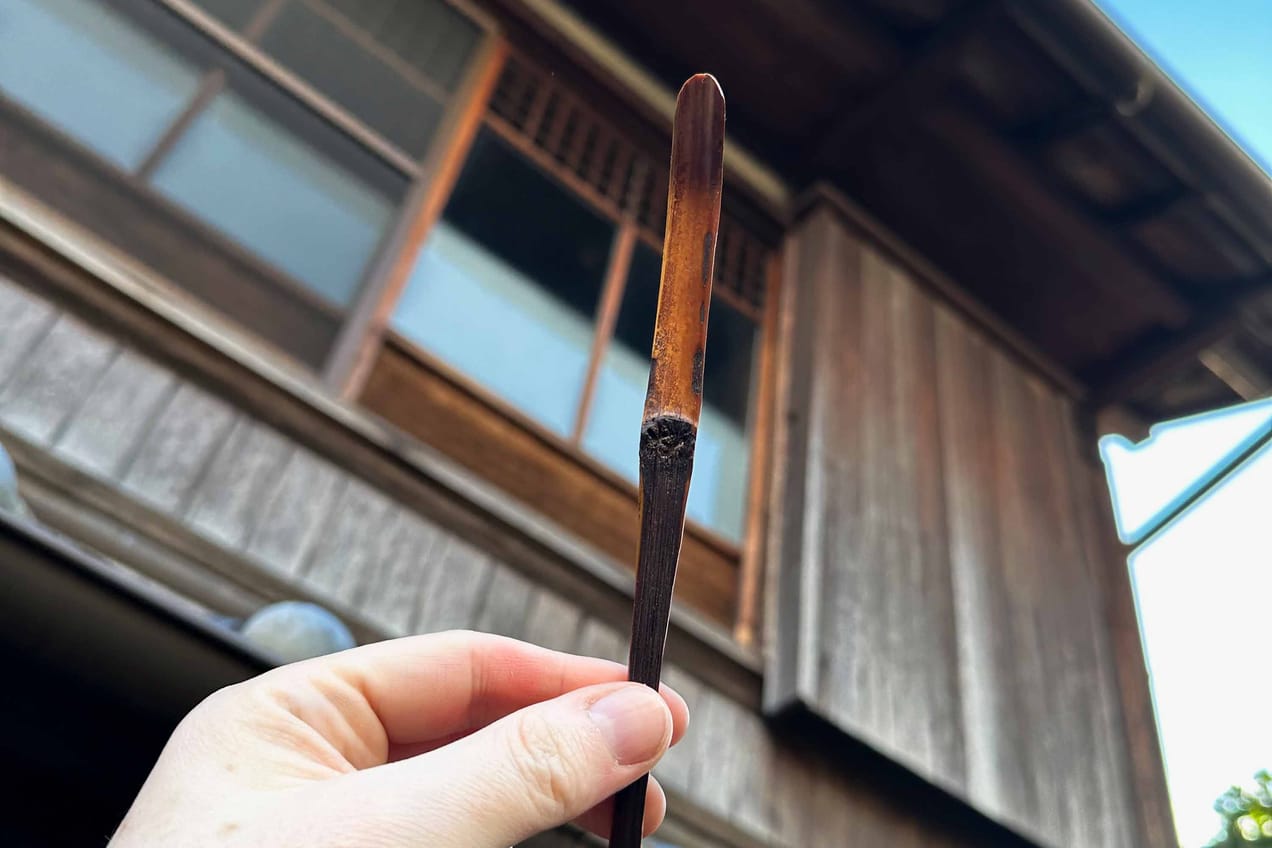
Aliveness (what machines can't make)
Have you ever held an object and felt the maker's presence in your hands?
In art they call it 'aura'. It's what distinguishes an original painting from its reproduction, what you hear in Miles Davis or Nina Simone’s live jazz performances, what you taste in the dishes that ignite happy childhood memories (for me it’s my mother’s take on pasta all'Amatriciana). The work carries something of its creator that no machine can replicate, at least not yet. And even if they could, why would we want them to?
Oliver Burkeman captures this brilliantly with the term 'aliveness'. In his newsletter The Imperfectionist he frames aliveness within the context of Artificial Intelligence (AI) and its alleged threat to our jobs or how some tech moguls propose addressing our crisis of solitude with artificial friends.
He writes: “[...] aliveness is so central to meaningful human experience that there’ll always be a market for those who can cultivate it, embed it in what they create, foster it in institutions and organisations, and bring people together to experience it. [if] the direst predictions about AI disruption come true, then navigating through life by aliveness is still the right choice, because that’s what makes life worth living.”
I think of aliveness as part of an ‘ineffable trio’ alongside taste and beauty, qualities that distinguish great craftsmanship but resist easy definition.
Are we solving the wrong problems?
During my engineering studies and soon after when I started working in a startup just as the dot-com era was about to burst, friction was the enemy. Things like publishing and selling online were cumbersome, and the associated logistics almost impossible for all but big companies. Over the last two decades we've achieved remarkable convenience for mundane digital tasks. Now, on the verge of yet another technological paradigm shift it looks like we've optimised in the wrong direction.
"I want AI to do my laundry and dishes so that I can do art and writing, not for AI to do my art and writing so that I can do my laundry and dishes." - Joanna Maciejewska
We're solving for convenience in areas that should remain human whilst ignoring where efficiency would genuinely help. AI-generated music floods Spotify because it makes more money for shareholders, not for musicians nor because it enriches human experience. Meta proposes artificial friends to cure loneliness whilst keeping us tethered to screens rather than fostering genuine personal connections. You can use Generative AI (GenAI) tools to write content that makes you sound smart on LinkedIn although no one could possibly care to read any of it. We're stripping the soul from human creativity in service of shareholder returns.
This reminds me of Pixar's WALL-E, a post-apocalyptic scenario where corporations have trashed Earth and the surviving population has lived for 700 years on a cruise-like spaceship. Humans have become passive consumers, lying in floating beds with screens covering their faces, every desire induced by constant advertising and satisfied by an invisible AI through hordes of robots. Genuine human needs remain unmet until an accidental hero, a trash-compacting robot named WALL-E, triggers a series of events that awakens the ship's denizens to what they've lost. As the captain exclaims: "I don't want to survive, I want to live!"
“I don’t want to survive, I want to live!”
A few weeks ago I visited the newly opened exhibition 'More than Human' at London's Design Museum. The show champions elaborate solutions - new materials, art, designs and architecture practices - that shift the point of view from that of people to the other beings we share the world with, like plants, birds, insects and marine life. It’s all very well done and the result of thoughtful curation. Yet most of the environmental issues that are preventing the planet from thriving could be solved with tools and methods that we already have if only we cared enough. It appears that collectively, we simply don't want to if it means reducing our convenience and comfort. The same pattern emerges with AI: if we cared more about preserving human creativity and connection, we wouldn't be automating away the very things that make life meaningful.
Perhaps what we have is a crisis of care, of optimising for the individual at the cost of society and the planet as a whole. Burkeman posits that when facing a tough decision we could ask ourselves "Does this feel like it's taking me in the direction of greater aliveness?"

The craft response
The early 19th-century Luddites weren't anti-technology, they opposed the corrosion of human labour through mechanisation that benefited factory owners while displacing skilled workers. Today's challenge is similar: not all automation is inherently wrong, but we must question who benefits and what we lose.
Craftsmanship sits between utility and art. The act of making, whether creating an object or buying from an independent maker rather than a faceless corporation, brewing coffee slowly rather than pressing a button, cooking for loved ones instead of ordering takeaway, or learning to repair rather than replace, connects us to materials, other people, and the satisfaction of meaningful work. The process generates aliveness, not just the end result.
Not everybody can be a professional artisan and adopting a craft mindset is not the one and only solution to all our problems, but it can foster responsibility towards the systems we’re a part of. Sparking aliveness could also inspire us to search for something similar in other aspects of our lives, including work and the role we play in society at large.
As Burkeman concludes: "I think it's good to stay fully, even slightly foolishly, committed to the idea that humans doing human things, with other humans, is and will remain at the vital heart of human existence. Because otherwise what on earth's the point?"
Like the content of The Craftsman? Share it with a friend! You can support my work by offering me a virtual coffee ☕️
つづく



